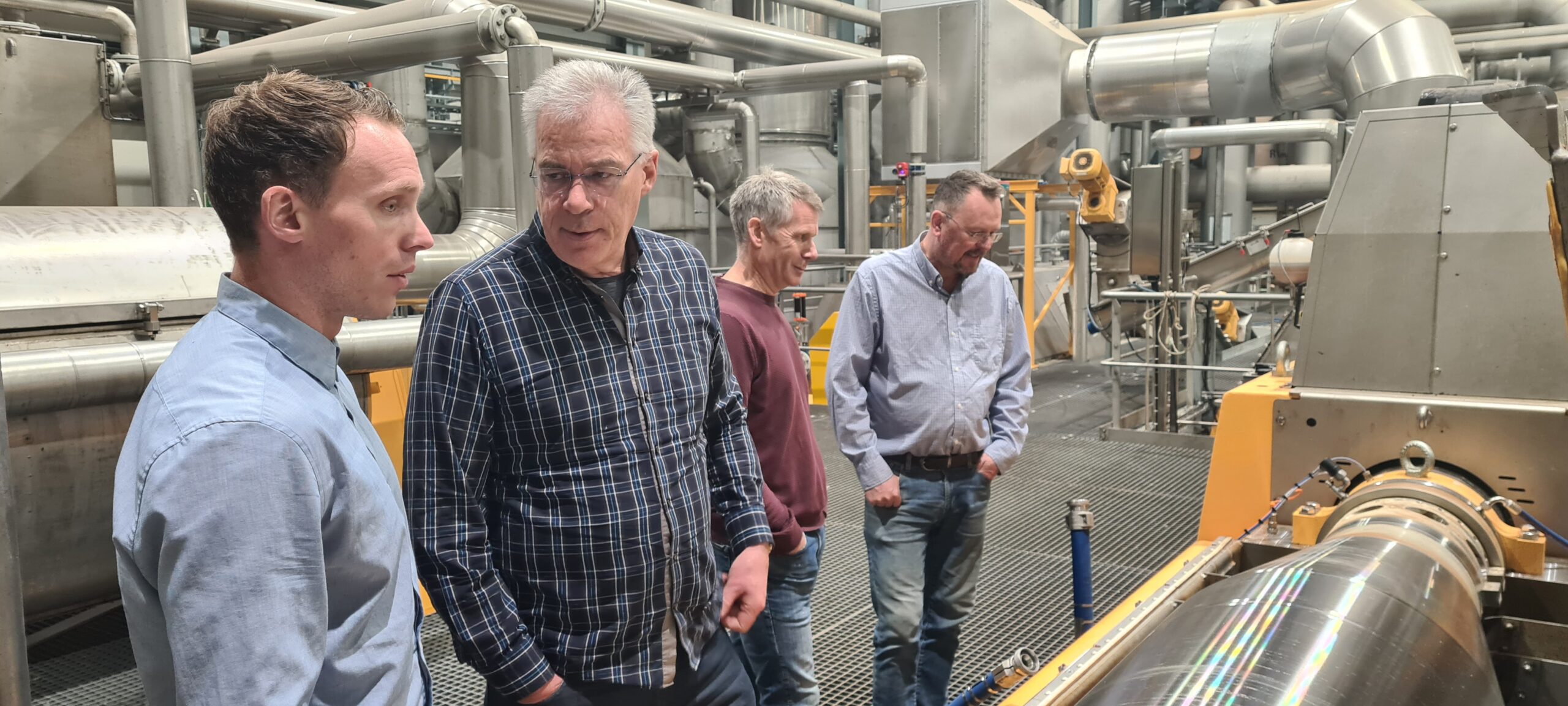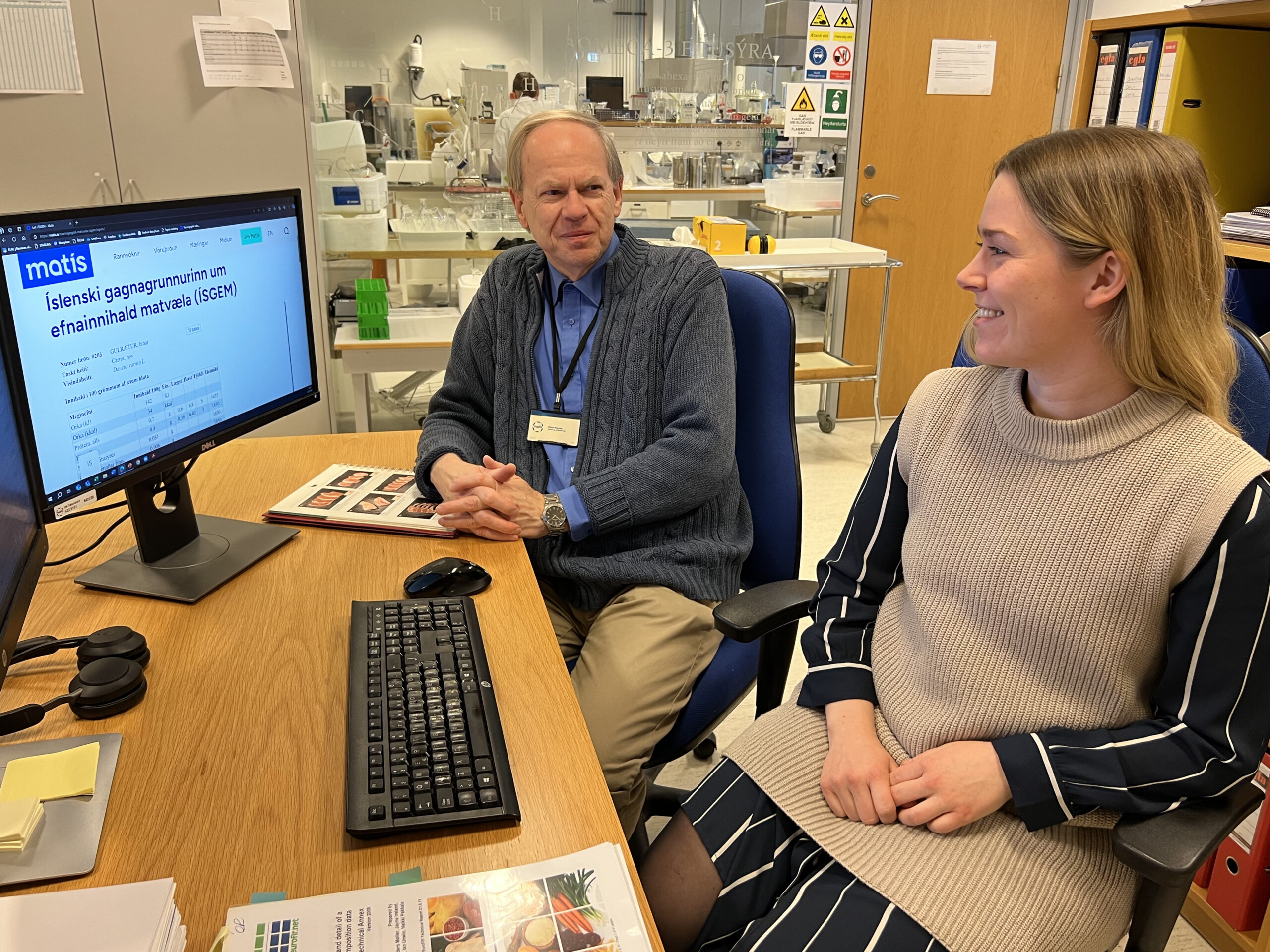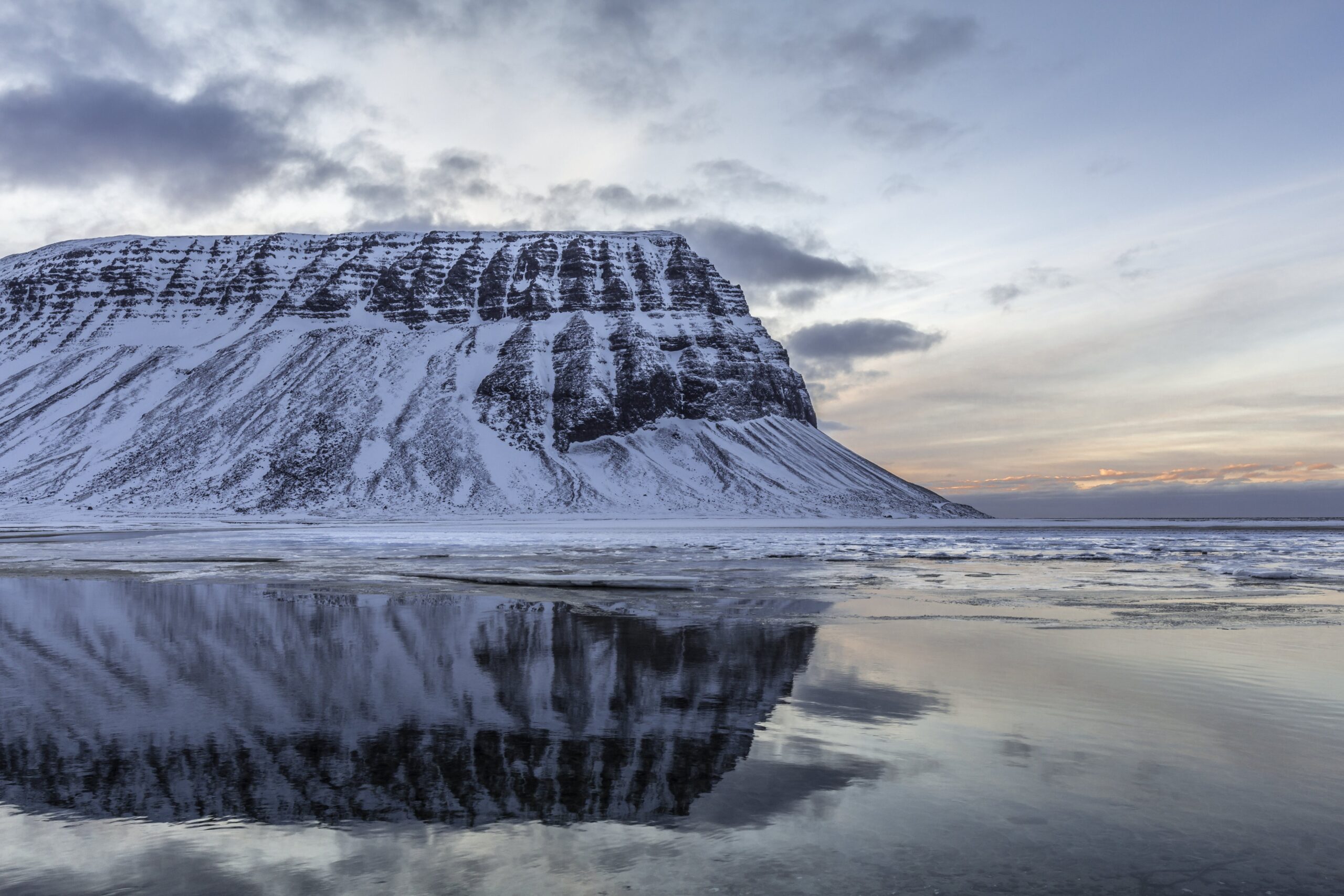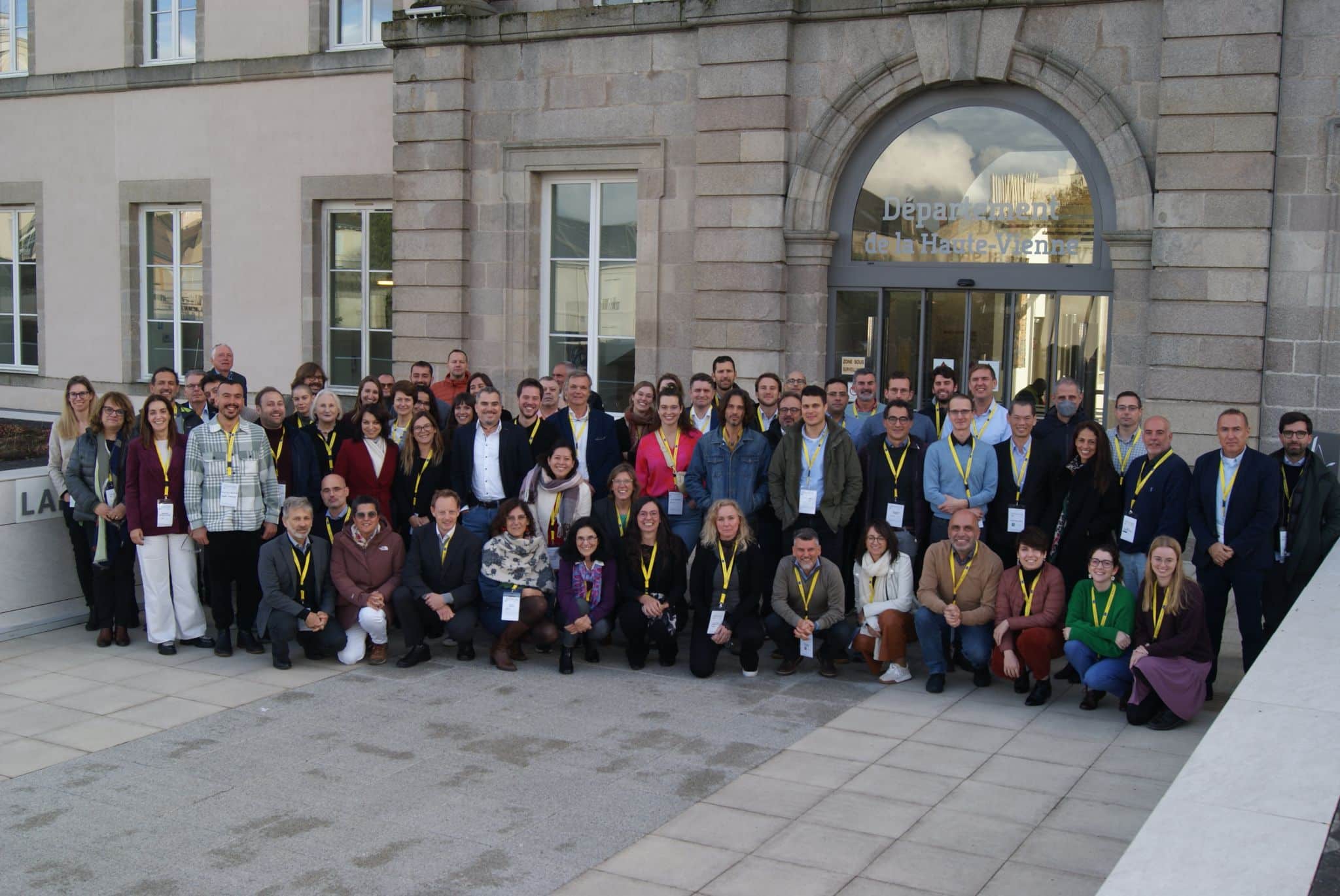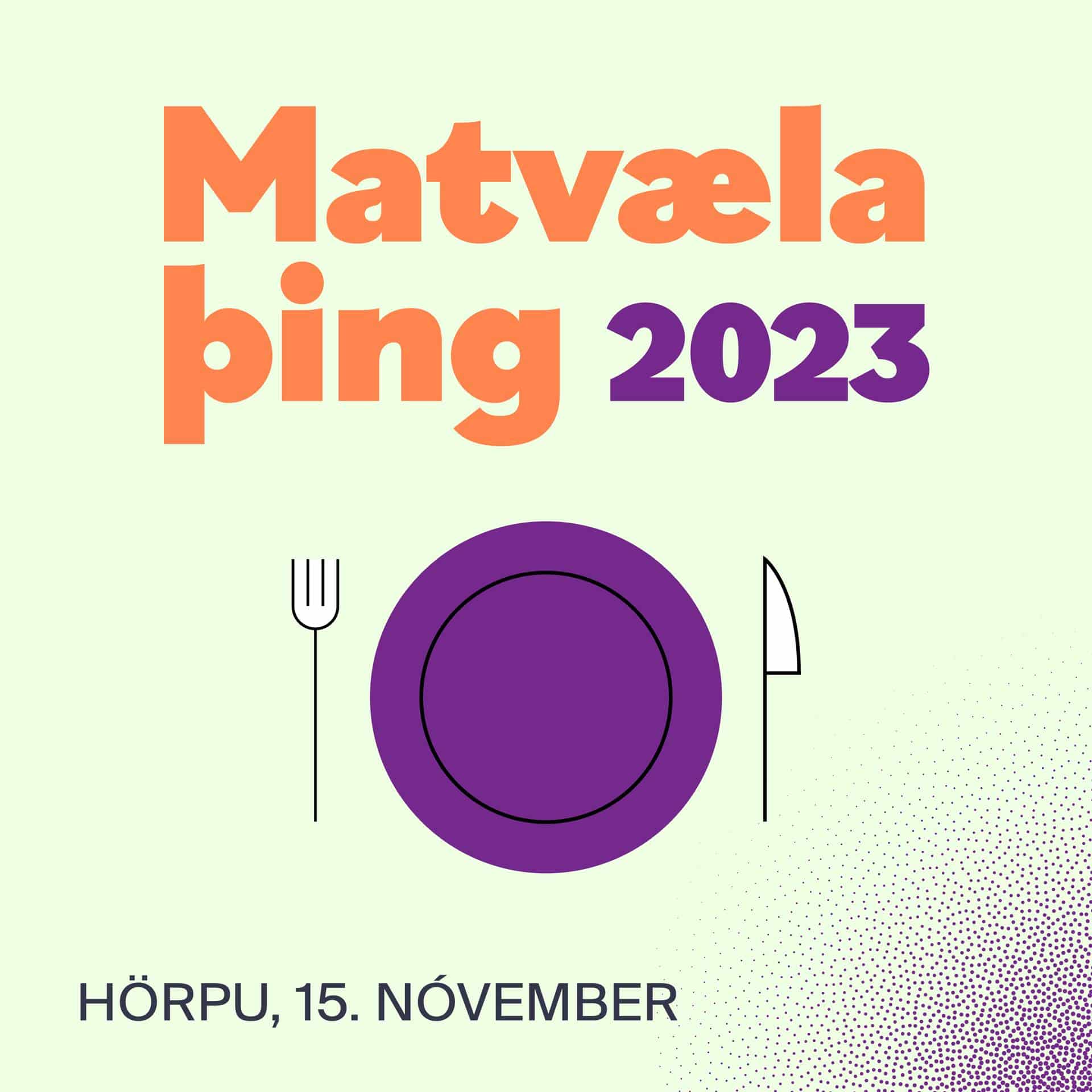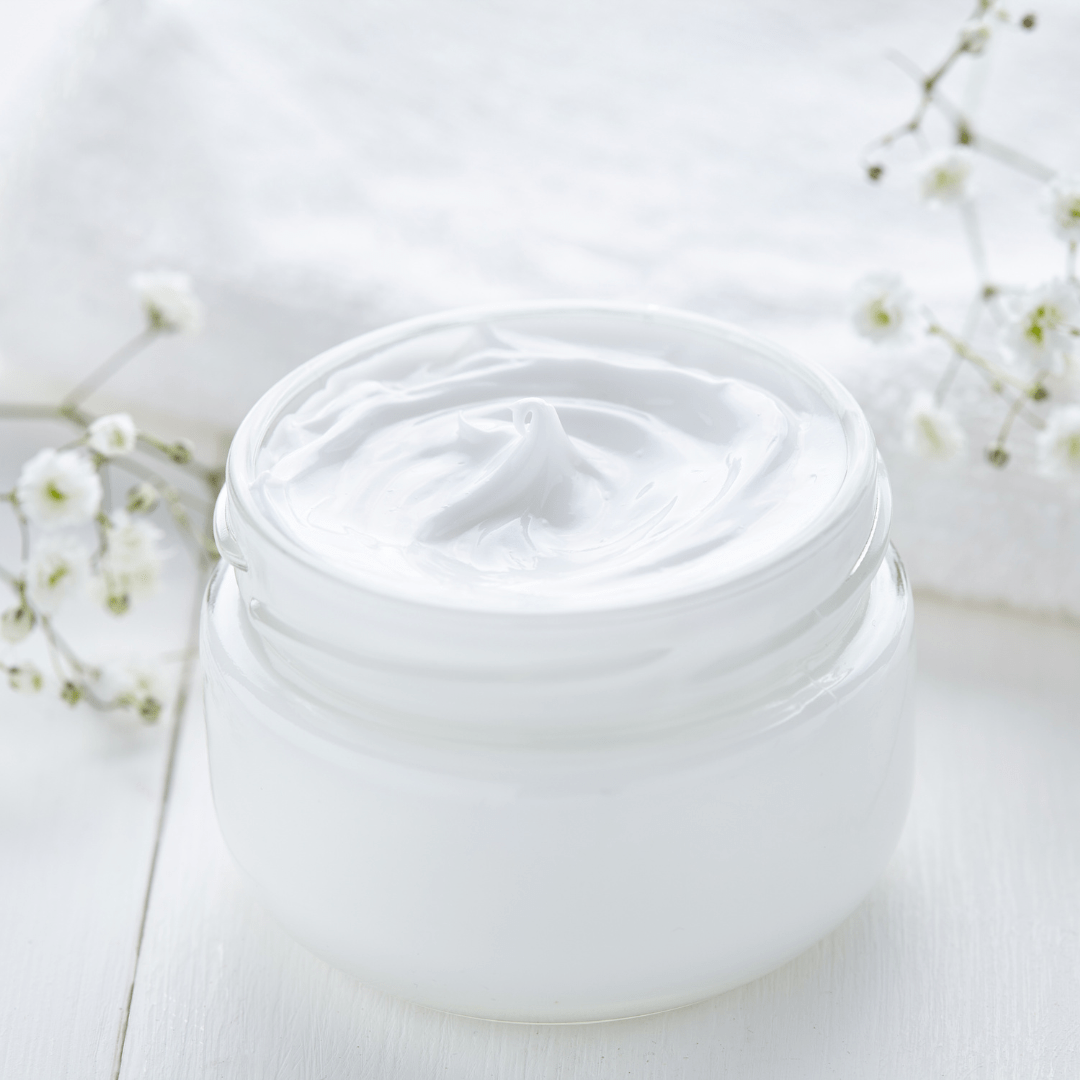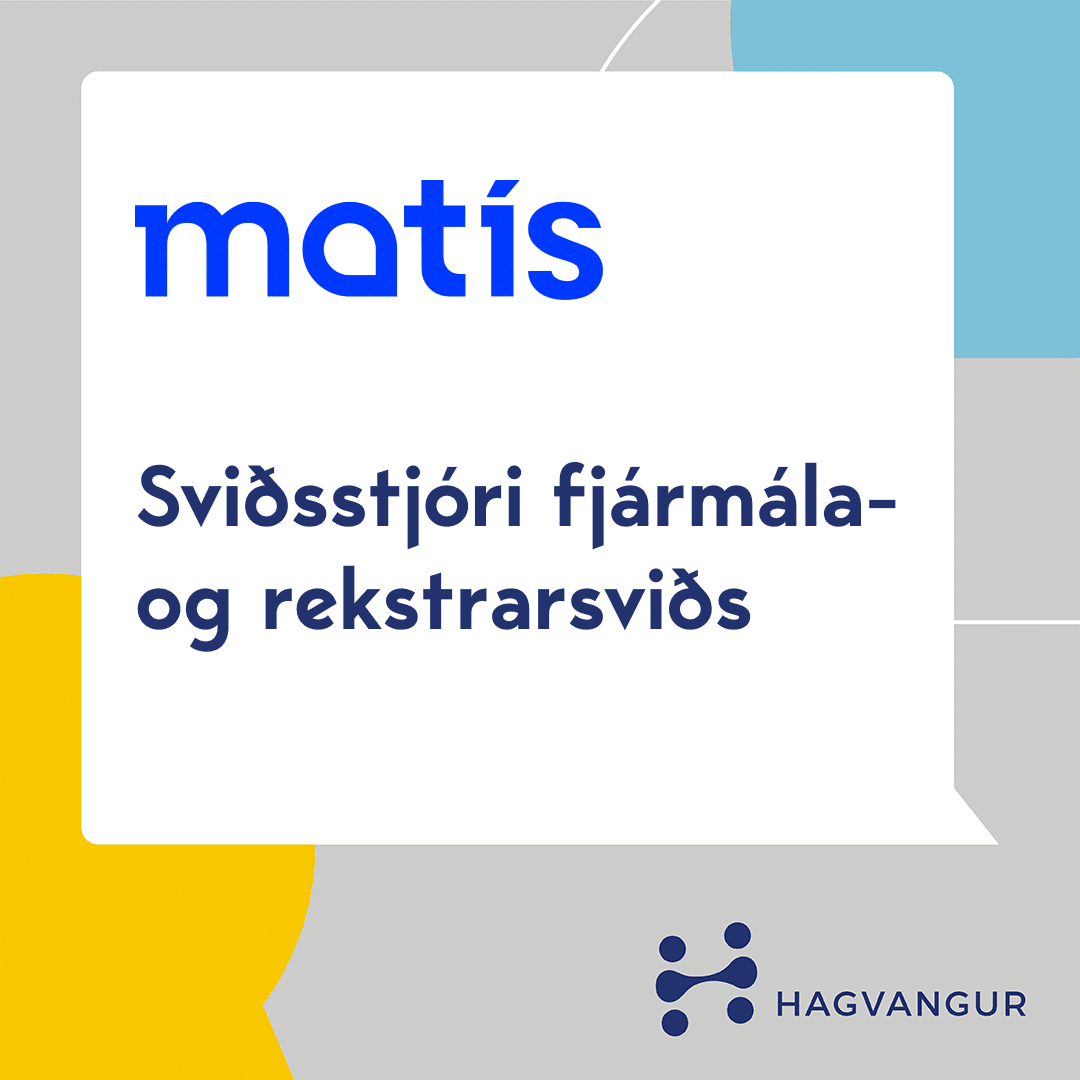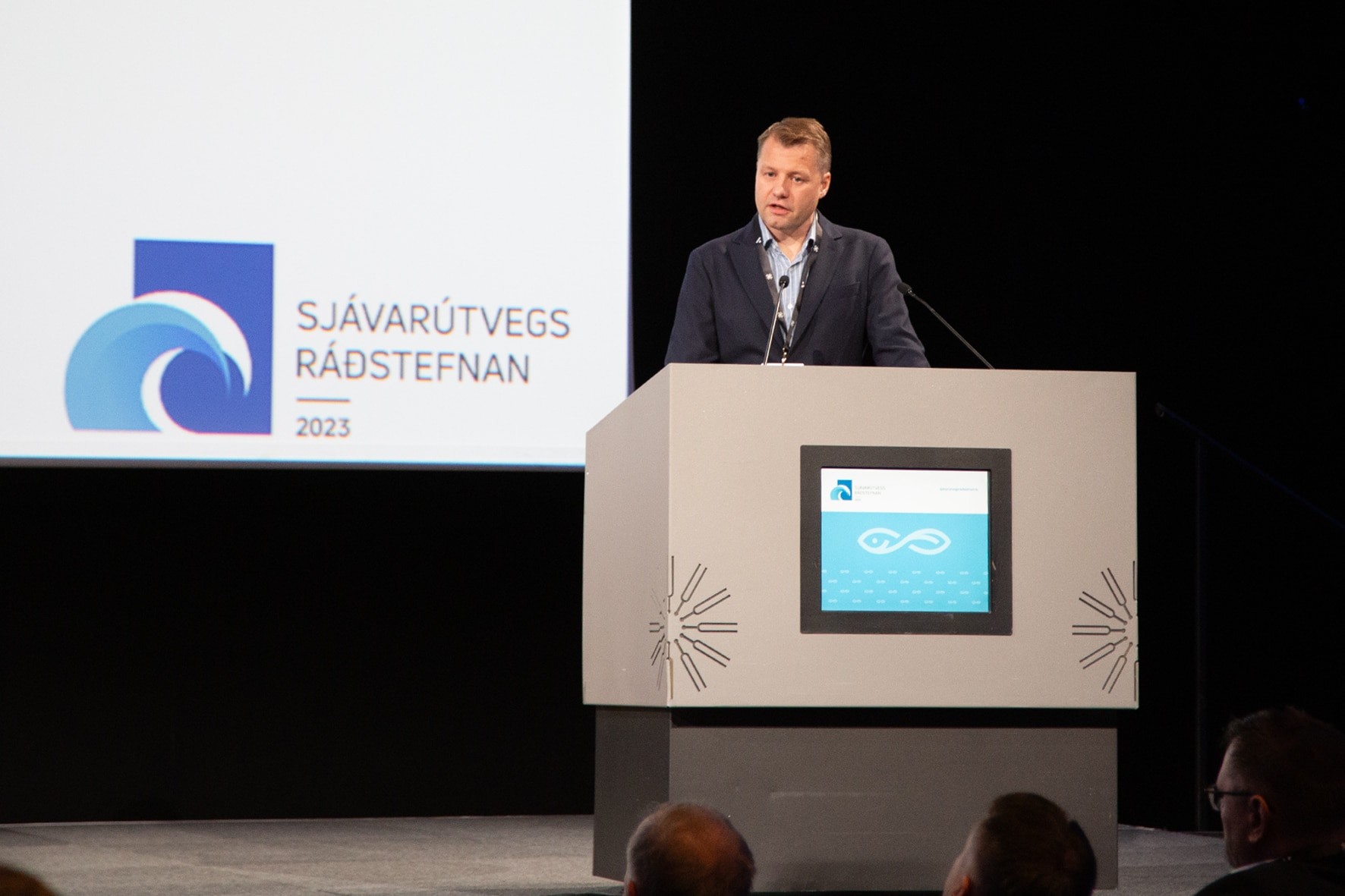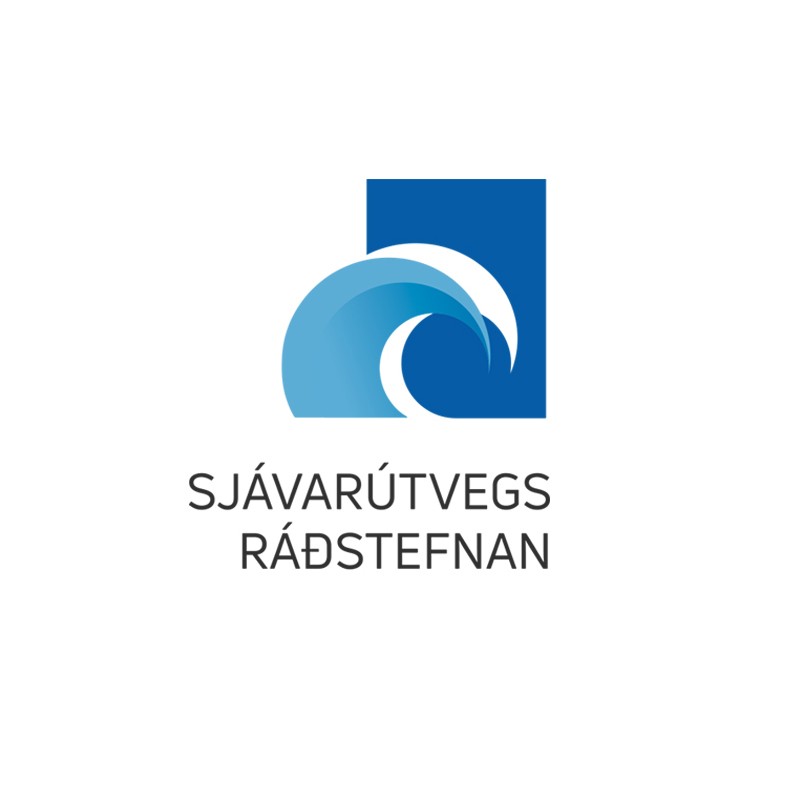Matís visits a company in the Austfjörður - great growth in food production
Tveir af sviðsstjórum Matís, þeir Guðmundur Stefánsson og Jónas R. Viðarsson, voru á faraldsfæti í síðustu viku og heimsóttu nokkur vel valin matvælaframleiðslufyrirtæki […]
Matís visits a company in the Austfjörður - great growth in food production Nánar »
